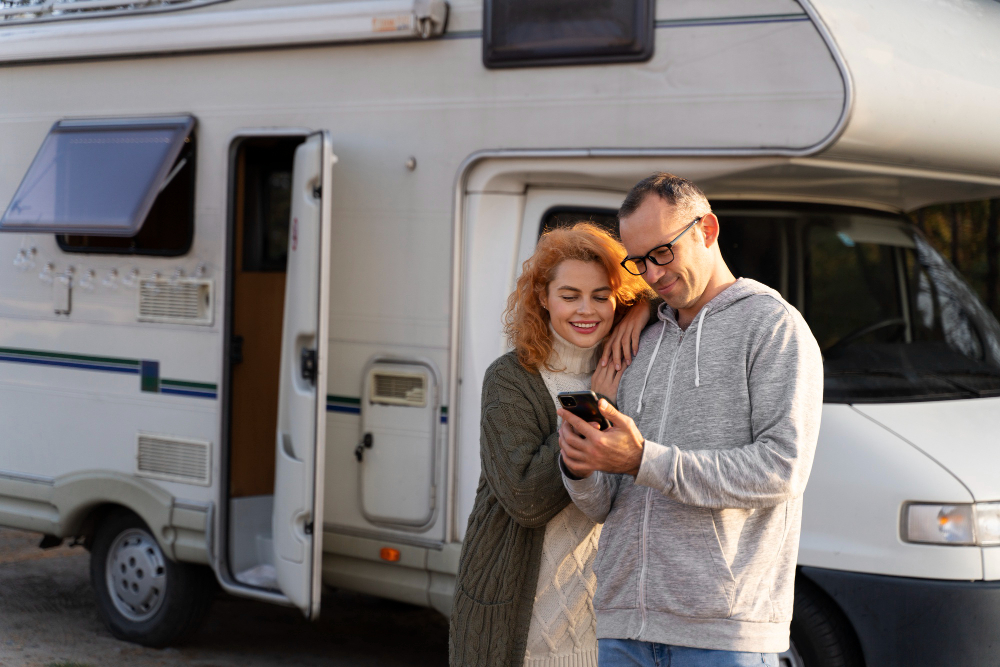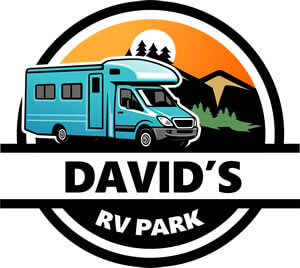
Whether you're a seasoned RV traveler or just starting out, safety should always be a top priority. RVs are big, heavy vehicles that can be challenging to handle, and they also come with unique risks and dangers. Fortunately, there are several steps you can take to minimize these risks and make your RV safer. In this article, we'll go over some of the most effective ways to make your RV safer and more secure, so you can enjoy your travels with peace of mind.
One of the best things you can do to ensure the safety of your RV is to have it inspected by a professional. An RV mechanic can check your vehicle from top to bottom, identifying any potential safety issues, such as worn brakes, broken belts, or faulty tires. A professional inspection can also help you catch any hidden water damage or other issues that could compromise the structural integrity of your RV. Investing in a professional inspection can save you a lot of money and headaches down the road.
Maintaining your RV properly is key to keeping it safe and reliable. Regular oil changes, tire rotations, and brake inspections can help prevent breakdowns and keep your RV running smoothly. It's also important to keep your RV's exterior clean and free of debris and dirt buildup, as this can accelerate wear and tear on your vehicle. Keep your water system well-maintained as well, as leaks or water damage can cause serious problems in an RV.
RVs, unfortunately, are often seen as easy targets by thieves and burglars. To make your RV less of a target, consider investing in some security upgrades. Some effective options include installing motion-activated lighting around your RV, adding window locks and deadbolts, and investing in an RV alarm system. You could also upgrade your RV door with a heavier-duty lock to deter burglars.
No matter how well you prepare, emergencies are always a possibility on the road. To be prepared, make sure your RV is equipped with basic safety equipment, such as a fire extinguisher, first aid kit, and emergency triangles. You may also want to keep a backup generator on hand in case you lose power, especially if you plan to camp in remote areas. Always check the weather and road conditions before setting out, and be prepared for unexpected changes.
Finally, remember that how you drive your RV can have a significant impact on your safety and the safety of others on the road. RVs are large and heavy vehicles that require extra care when maneuvering and braking. Take the time to familiarize yourself with your RV's handling and braking capabilities, and practice safe driving habits, such as keeping a safe distance behind other vehicles and reducing your speed on curves and hills.
Traveling in an RV can be a wonderful experience, but safety should always be your top priority. By investing in a professional inspection, keeping up with maintenance, upgrading your security, being prepared for emergencies, and practicing safe driving habits, you can help minimize the risks and enjoy a safer, more comfortable journey. With these tips in mind, you're well on your way to having the RV trip of a lifetime! If you're looking for an RV park near Pleasanton, TX, contact David's RV Park today for a reservation.
